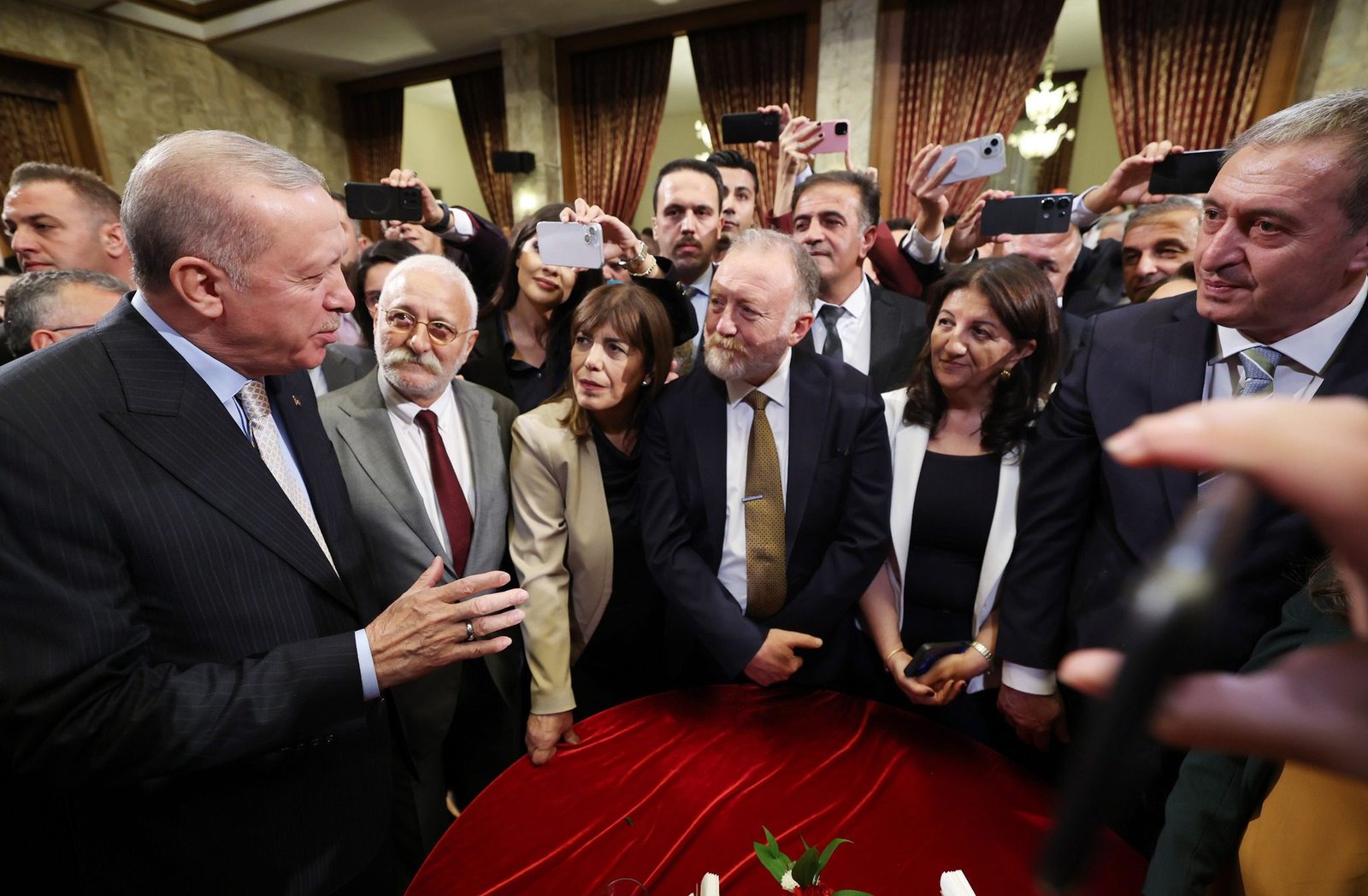Can the PKK Peace Process Survive if Ocalan Stays Silent on the SDF?

The Turkish political agenda has now shifted to one crucial question: will the parliamentary commission on the peace process visit the PKK’s jailed leader Abdullah Ocalan? Nationalist MHP leader and Erdoğan’s key ally, Devlet Bahçeli, has thrown his full weight behind such a meeting—but with a condition. He insists that Ocalan must issue a public statement calling on the Syrian Democratic Forces (SDF) to comply with the March 10 agreement and integrate into the Syrian army. Yet it remains uncertain whether the visit will happen, as the commission has reportedly decided to “wait until the conditions are ripe.”
Context: Pro-government media have echoed Bahçeli’s position, framing a direct meeting between the commission and Öcalan as essential for “clarifying” his stance on Syria. The reported aim is not only symbolic but strategic—to extract from Ocalan a public endorsement of the March agreement which stipulates the SDF’s integration under Damascus’s command, aligning the Syrian Kurdish structure with Ankara’s new regional calculus.
Analysis: This moment marks a major stress test for the peace process launched exactly a year ago in October 2024. From the outset, it was evident that the “Syria question” would be the most difficult obstacle to overcome. Bahçeli—widely regarded as the architect of the current process—has long argued that Ocalan’s February 27 disarmament call applies not only to the PKK but also to its regional offshoots, including the SDF. However, Ocalan’s statements to date have explicitly addressed only the PKK, and the group has indeed taken tangible steps toward disarmament.
SDF commander Mazloum Abdi, meanwhile, has maintained that Ocalan’s statement does not apply to his forces, and neither Ocalan nor the PKK has contradicted that position. Bahçeli now argues that Ocalan should issue an unambiguous public statement instructing the SDF to implement the March 10 agreement. The key question, however, is what will happen if Ocalan refuses to make such a declaration.
If Ocalan refuses to issue such a directive—as many expect—several outcomes are possible. A refusal could preserve his neutrality on Syrian affairs and protect his leverage with both the SDF and Ankara. However, if Ocalan refuses—or even delays—making such a statement, it could complicate Bahçeli’s narrative. Bahçeli has consistently claimed that Ocalan favors the SDF’s integration into the Syrian army, and he has framed any SDF resistance to the March 10 agreement as proof of Israeli interference in Syria. In his view, the SDF must “choose between Öcalan and Israel,” implying that defying Öcalan’s expected stance would be tantamount to aligning with Israel’s agenda in the region.
Pro-government columnists have begun preparing the ground for either outcome. One argues that even if the SDF rejects Ocalan’s order, the move would still be a “strategic win” for Ankara, as it would expose internal fractures within the SDF and undermine its claim to ideological continuity with Ocalan. Another, writing in Hürriyet, accuses Ocalan of “playing a double game”—avoiding clarity to buy time for the SDF’s consolidation while prioritizing the PKK’s domestic peace track. Both narratives converge on one point: Ankara wants Ocalan to end his ambiguity once and for all.
What is striking, however, is that while Ocalan remains under strict isolation, he has somehow been able to send letters and messages to various groups — from Yazidis to Arab tribes in Syria — expressing support for the SDF’s broader political vision. This raises an important question: if such messages can be conveyed from İmralı, how is it that none has addressed the SDF issue directly, particularly when it has now become central to the peace process debate?
Yet despite these pressures, Erdoğan’s tone has been notably conciliatory. In his speech opening the new parliamentary term, he praised the pro-Kurdish DEM Party for its constructive role in the peace process and personally shook hands with its MPs—an unusually warm gesture. If Erdoğan were receiving negative intelligence suggesting that the PKK was backtracking or that the SDF was preparing to defect from the process, such a gesture would have been politically unthinkable. His public warmth toward DEM suggests confidence that the domestic track of the process remains on course.
Still, the SDF question remains the process’s most fragile fault line. If unresolved by the new year, or if Ocalan is pushed to issue a forced and explicit statement on the SDF, the process could enter a more volatile phase. What has thus far been a carefully managed, steady progression could easily unravel under the pressure of regional entanglements. The next few months will therefore determine whether the Turkish peace process can survive Ocalan’s silence—or whether that very silence becomes its breaking point.









